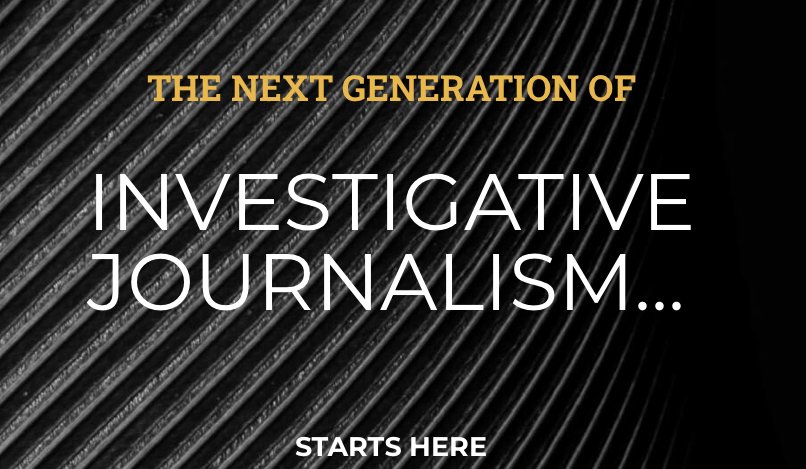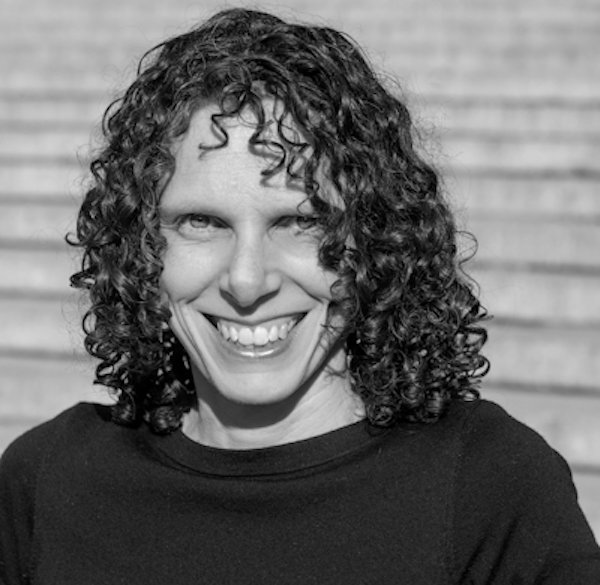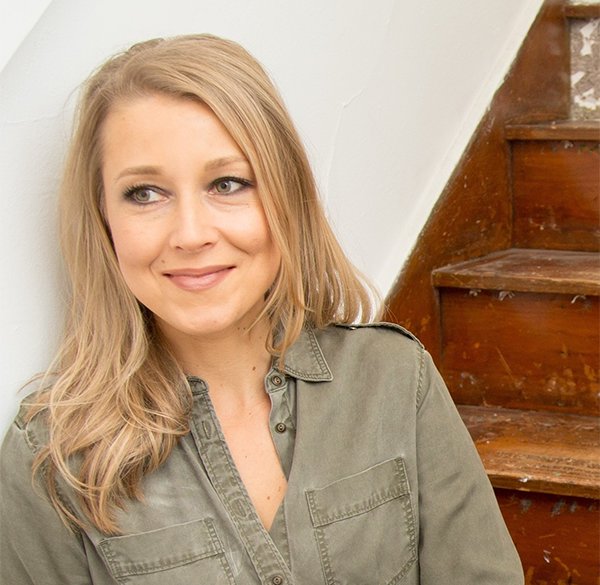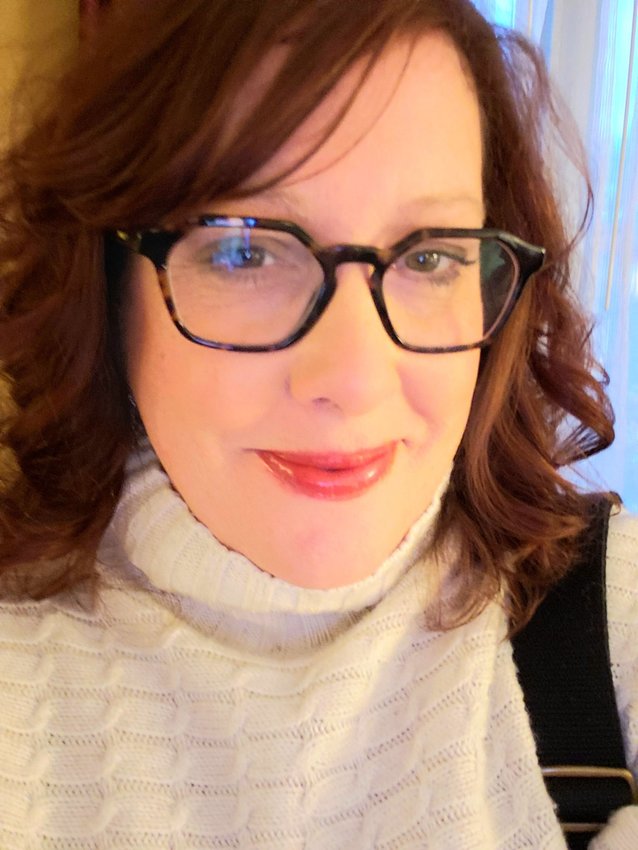
Christopher Leonard began his career in investigative journalism at the Columbia Daily Tribune in his home state of Missouri. He went on to report for the Arkansas Democrat-Gazette and The Associated Press.
In 2012, he was selected for a fellowship program with the New America Foundation, a public policy think tank. It allowed him to pen his first book, “The Meat Racket: The Secret Takeover of America's Food Business,” and his second, “Kochland: The Secret History of Koch Industries and Corporate Power in America.” He credits Steve Coll, who served as the Foundation’s second president, with giving him and other investigative journalists an invaluable opportunity, granting them the resources to take a break from daily reporting and deep dive into an issue of public interest.
“It was an extraordinary fellowship that totally transformed my life,” he told E&P. In 2022, Simon & Schuster published Leonard’s latest title, “The Lords of Easy Money: How the Federal Reserve Broke the American Economy.”
The fellowship experience so inspired Leonard that he decided to model it and resolved to “just go out and build it.”
The Watchdog Writers Group (WWG) Fellowship launched three years ago, and today, Leonard serves as the program’s director. It’s administered through the Missouri School of Journalism’s Reynolds Journalism Institute (RJI).
This program provides its fellows with a $50,000/year stipend for two years while they work on an investigative nonfiction title. The fellows also are paired with two student journalists (for a one-year stint each) in a mentorship and supportive role, working directly with the authors as they research and write.
The fellows are chosen by design by way of a simple application process.
“There are two questions: What’s your book? And how can this fellowship help you complete it? I’ve been a struggling author, trying to get grant money, and some fellowships can be really intrusive, asking about your personal finances or other book contracts. We’re looking for people who are doing books squarely — right in the middle of the target — of public-interest journalism,” the director explained. “You’ve got to be in the spirit of Ida Tarbell or Seymour Hersch. It’s got to be important and in the public’s interest.”
Leonard felt it was important to anchor the WWG to a reputable journalism school in the Midwest, where he’d spent most of his career.
“I saw the media infrastructure in the Midwest was disproportionately torn apart during the downturn,” he said. “We know it’s been rough in our business. I think the job stats for print reporters are worse than coal miners if you look at the jobs that disappeared over the last six years or so. It’s a nightmare, and it’s worse in the middle of the country.”
Leonard reflected on how the “predictable step ladder of journalism jobs” no longer exists and that newsrooms are so spread thin that time to mentor reporters just starting out is nearly impossible to come by, so the mentorship component of this program is critical.
Both graduate and undergrad students are eligible to participate. The participants commit 10-15 hours weekly to working with their mentors.
Regarding the students, he said, “They’re working alongside some of the best writers in the business, so they’re seeing how the author reports the book and thinks it through, and how they attack the project. They learn the ethics of doing real reporting — reporting with teeth. The idea is that over the course of the year, the student is going to get a lot of reporting experience, and hopefully, also come out with a story of their own during that year.”
The fellows come to campus twice a year to meet face-to-face with their student partners and each other. In addition, Leonard explained that they meet monthly with each other via video conference just to share advice and commiserate.


This year, two new fellows were added to the WWG: Sarah Smarsh and Alisa Roth.
Smarsh is a journalist based in Kansas and a National Book Award finalist for her work, “Heartland: A Memoir of Working Hard and Being Broke in the Richest Country on Earth.”
Roth has written extensively on issues like mental health, criminal justice and other social policy matters. She’s been a contributor to NPR and NPR’s Marketplace. She’s the author of “Insane: America’s Criminal Treatment of Mental Illness.”
“It’s a remarkable book,” Leonard said. “She really pulled off what we want people to pull off in this program, which is to do a book that tackles a thorny, complicated, important problem, and does it through storytelling that really draws in a big audience.”
Roth is writing about the prison system, focused on the rising incarceration rates among women, as incarceration rates for men show a decline. It will be a data-intensive project, so she’s paired with a student who has a particular interest in data journalism.
“Sarah [Smarsh] is writing about the degradation — frankly, the destruction — of the tall-grass prairie ecosystem in the middle of the country. … She always brings the lens of class in America to the story,” Leonard said. “And that’s very important to this program. We talk about deep issues of economic power, of corporate powers that really drive history in America, that drive policy, that drive the structure of our economy, and what this means for working people.”
 Gretchen A. Peck is a contributing editor to Editor & Publisher. She’s reported for E&P since 2010 and welcomes comments at gretchenapeck@gmail.com.
Gretchen A. Peck is a contributing editor to Editor & Publisher. She’s reported for E&P since 2010 and welcomes comments at gretchenapeck@gmail.com.
Comments
No comments on this item Please log in to comment by clicking here